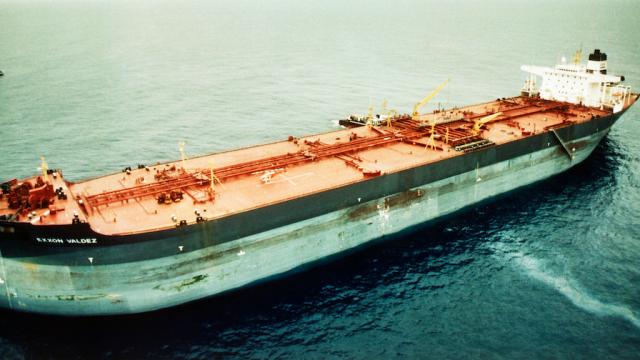It’s a story reminiscent of the way Big Tobacco covered up the deadly effects of smoking. In the 1980s, Exxon spent millions of dollars on groundbreaking research which irrefutably showed how their products would change the climate. And then they buried it all.
Inside Climate News unearthed a series of studies commissioned by Exxon that show just how much they knew about the harm of burning fossil fuels almost 40 years ago, long before this type of research was being done.
In 1977, climate scientist James F. Black made this statement to Exxon execs:
“In the first place, there is general scientific agreement that the most likely manner in which mankind is influencing the global climate is through carbon dioxide release from the burning of fossil fuels”
A year later, Black and his team of Exxon scientists came back with more specific information: They estimated that doubling atmospheric CO2 would increase global temperatures by 2 to 3 degrees Celsius. And they guessed that Earth had about five to ten years before irreversible change would begin to occur. Hmmm, sounds familiar!
Throughout the 1980s, Exxon funded the most comprehensive data gathering and climate modelling on the planet. No one else had the financial support to fund these types of studies at the time.
But once Exxon realised how this information could damage their business, they started a campaign which cast doubt on their own research. Here’s Exxon’s CEO Lee Raymond during the Kyoto Protocol in 1997:
“Let’s agree there’s a lot we really don’t know about how climate will change in the 21st century and beyond. We need to understand the issue better, and fortunately, we have time It is highly unlikely that the temperature in the middle of the next century will be significantly affected whether policies are enacted now or 20 years from now.”
Exxon eventually helped to block the protocol.
The story is devastating in that Exxon is likely responsible for much of the anti-science climate denial rhetoric out there to this day. I just read the whole thing, and it’s made me incredibly angry. Part I is here and Part II is here. Part III, which looks at Exxon’s climate modelling work, will be out next week.
The Exxon Valdez spilled an estimated 40.9 million litres of oil into Prince William Sound, Alaska, in 1989 / AP Photo
